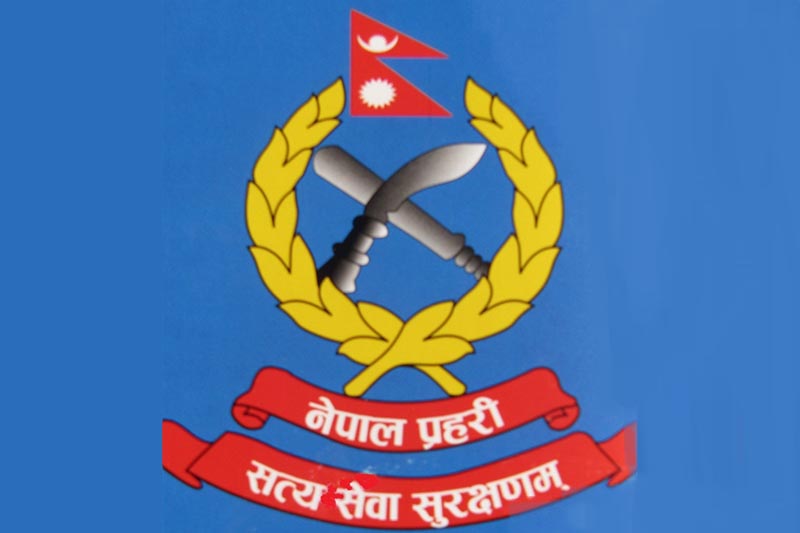CIB plans to send DNA sample to foreign lab
Kathmandu, February 12
The Central Investigation Bureau of Nepal Police is planning to send the vaginal swab of 13-year-old Nirmala Panta, who was raped and murdered on July 26, to a foreign country for more accurate DNA test results, according to sources.
Though Nepal Police had extracted certain male DNA chromosomes from the vaginal swab of Nirmala, the sample could not be taken as sufficient evidence even if the extracted male DNA samples matched with those of the accused. Experts have doubted the procedure adopted by the police for extracting DNA. Police negligence in the preliminary investigation into the case had come to surface after the National Human Rights Commission made public its report on the probe of rape and murder of Nirmala last month.
A police source told The Himalayan Times that, the CIB had been doing groundwork for the past few days to find a creditable international lab where they could send the vaginal swab to extract the unique DNA sample of the male perpetrator.
The NHRC report stated that the police had collected the vaginal swab ‘from the cotton wrapped around an end of a twig and put it in a test tube’ from the body of Nirmala. Her body was found in a sugarcane field filled with rainwater on July 27.
Deputy Inspector General Niraj Bahadur Shahi, also the director of CIB, said, “We have already made up our mind to go to the international level for the DNA test after the NHRC made public the report which pointed out lapses in the investigation.” Shahi further said, “But, we are yet to receive the NHRC’s report formally. After studying the report, we might send the vaginal swab to an international-standard lab abroad for further test.”
The NHRC’s report had stated that the Central Police Forensic Science Laboratory, which undertook the DNA test, did not extract the male Autosomal STR chromosome from the sample which is unique to every individual. Only the Autosomal STR can identify the culprit as it does not match any other person’s.
Instead, the police had only extracted the Y-STR chromosome, which can be common to people not only of the same lineage but also with the people across cultures. Police have successfully extracted both Autosomol STR chromosome and Y–STR chromosome from Nirmala’s DNA sample.
Meanwhile, Superintendent of Police Rakesh Singh, director of CPFSL told THT that they had kept the sample safely with them and were ready to provide it to be sent to a foreign country. However, he stressed that it was unlikely that the same sample could give the result as expected since they had already done all the possible tests in their lab.
He said, “We would have also extracted the male Autosomal STR earlier had it been possible. But, the female chromosome were around 500 to 1,100 times greater than the male chromosome, which made it impossible to extract the male Autosomal STR.”
Jiwan Rijal, a forensic expert and former executive director of National Forensic Science Laboratory, said that apart from sending the sample abroad police first need to become transparent about the sample collection process and all tests it has done so far. “Looking at the past history of police in this particular issues, we cannot believe that the further testing process will be conducted behind close doors, about which only police will have information.”






